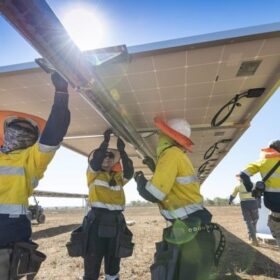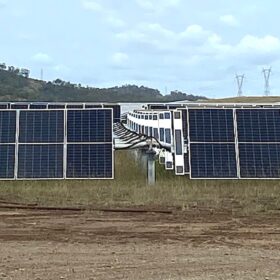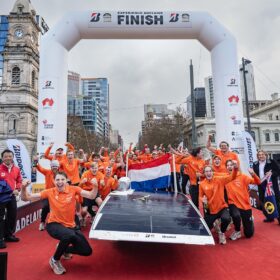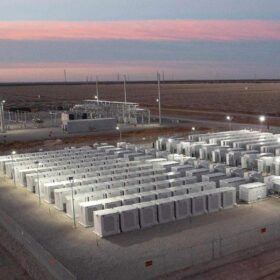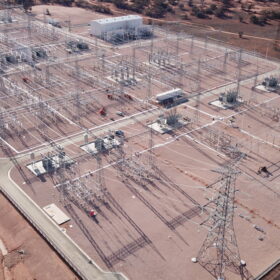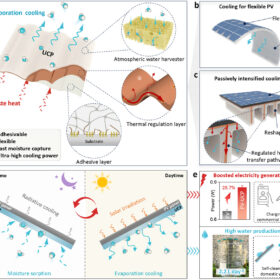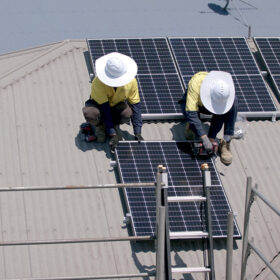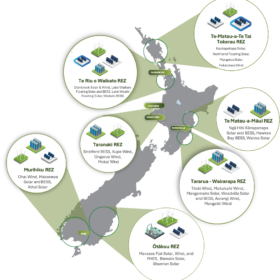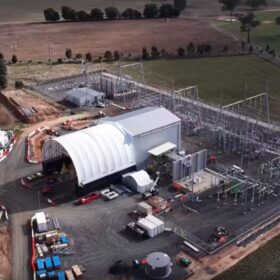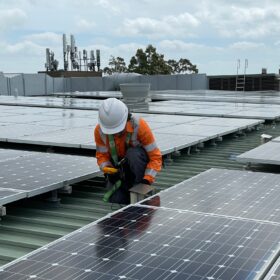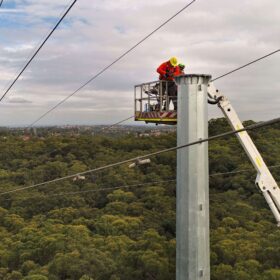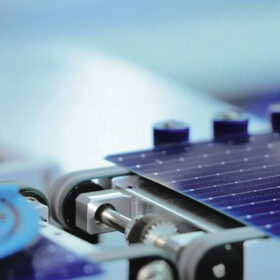$2.9 million to boost regional energy workforce in Central-West Orana REZ
Coinciding with National Skills Week, the NSW government has announced a $2.9 million grant to develop the Central-West Orana Renewable Energy Zone’s workforce, one day after a new Powering Skills Organisation report says an additional 42,000 energy workers are needed to meet 2030 targets.
TagEnergy scoops multiple clean energy projects with ACE Power acquisition
Portugal-headquartered TagEnergy has acquired German-owned early-stage developer ACE Power, adding approximately 6 GW of battery, wind and solar projects to its already significant portfolio in Australia’s clean energy sector.
Dutch teams dominate world solar challenge claiming top two positions
The Netherlands Brunel Solar Team have crossed the Bridgestone World Solar Challenge finish line in Adelaide, i first place, after travelling 3,021 kilometres from Darwin to the South Australian capital, at an average speed of 86.6 kph, and just shy of 35 hours on the road.
900 MWh project is first battery system approved under new clean energy Act
The Potentia Energy 900 MWh Emeroo battery energy storage system in South Australia is the first BESS to receive environmental approval under new hydrogren and renewable energy legislation.
Completed EnergyConnect substation largest in Southern Hemisphere
Transgrid has completed a three year build of the largest substation in the Southern Hemisphere, rubber-stamping grid reliability and the sharing of renewable energy across three states linked by its Project EnergyConnect.
Researchers develop ultra-cooling patch to reduce PV module temperature
Scientists in Hong Kong have developed a patch that effectively cools down PV panels and utilises waste heat for freshwater production and reportedly increasing maximum power density by over 28% in a folded version of the ultra-cooling patch.
Rooftop solar reshaping Australia’s energy mix
The rise of rooftop solar is rapidly reshaping Australia’s energy landscape with a new report revealing that PV systems mounted atop the nation’s buildings contributed 14.7% of the National Electricity Market’s total generation in the first quarter of 2025.
Pacific Channel fund to support 10 GW renewables portfolio in NZ
Venture capital outfit Pacific Channel has launched a new renewable energy development fund to accelerate the development of more than 10 GW of large-scale solar, wind and battery energy storage projects across New Zealand.
Victoria backs synchronous condenser to boost renewables
The Victorian government’s $480 million investment into strengthening the state’s energy grid is closing on another milestone with the installation of Australia’s largest synchronous condenser nearing completion.
Stashing spares is smart solution for solar system maintenance
There’s a silent problem building across Australia’s solar rooftops and most asset owners don’t even know they’re sitting on it. It starts with something simple: a single damaged panel.
